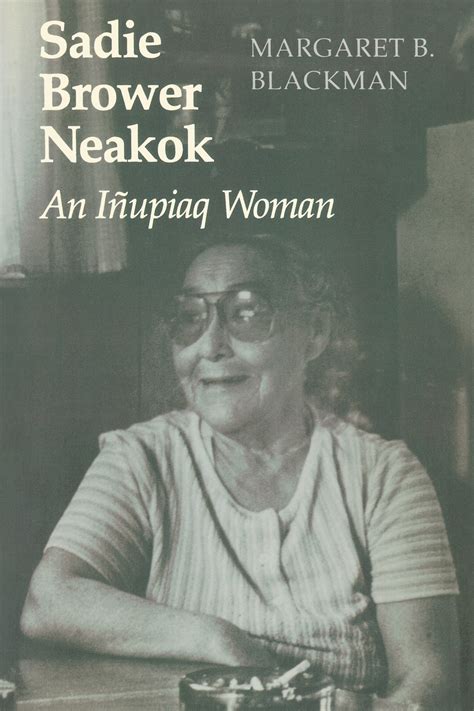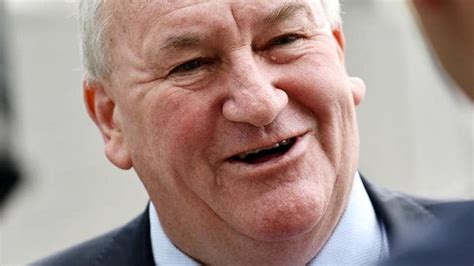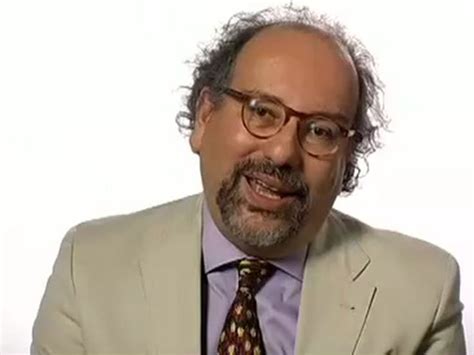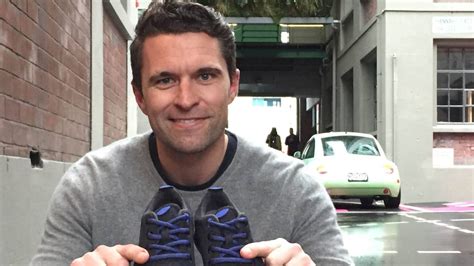A Quote by Charles H. Brower
Most people are more comfortable with old problems than with new solutions.
Related Quotes
It is fascinating to watch politicians come up with 'solutions' to problems that are a direct result of their previous solutions. In many cases, the most efficient thing to do would be to repeal their previous solution and stop being so gung-ho for creating new solutions in the future. But, politically, that is the last thing they will do.
This is what I want you all to do. I want you to open a new document and type up a list of three problems in your life. Not the universe's life - your own. Underneath, type the solutions." "If we know the solutions," said Belle, "they're not problems." "Exactly," said Denny. "You do know the answers to most of your problems. Somewhere deep inside, you know.
To be open to inspiration, one must cultivate a leaning for the problematic, a chronic attraction to things that do not totally fit, agree, or make sense. Inspired ideas are less often solutions to old problems than newly discovered or totally reformulated problems - problems 'created' like brilliant works of art.
President Obama and Hillary Clinton have, and Kerry have allowed tens of thousands of people into America. The FBI is now investigating more people than ever before having to do with terror. And it's from the group of people that came in. So look, look, our country has a lot of problems. Believe me. I know what the problems are even better than you do. They're deep problems, they're serious problems. We don't need more.
Liberalism is the philosophy for our time, because it does not try to conserve every tradition of the past, because it does not apply to new problems the old doctrinaire solutions, because it is prepared to experiment and innovate and because it knows that the past is less important than the future.





































